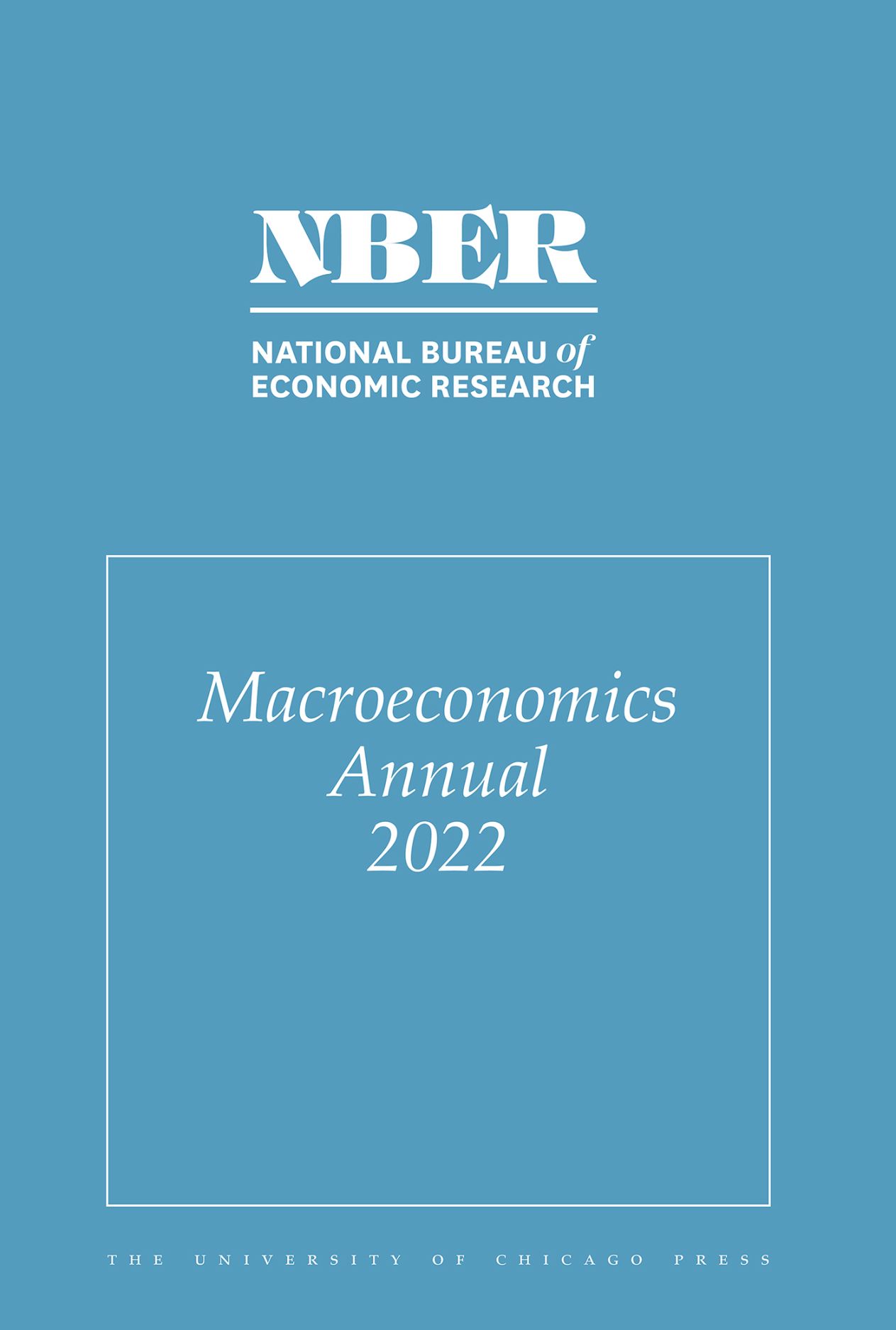评论
IF 10.7
1区 经济学
Q1 ECONOMICS
引用次数: 0
摘要
在美国,没有大学学位的人在劳动力市场和其他机会上经历了相对的下降。对于在20世纪80年代初及之后进入劳动力市场的受教育程度较低的白人男性来说,情况尤其如此。这些趋势并不是美国独有的;自20世纪80年代初以来,在英国和其他地方,没有大学学位的人的生活就很糟糕。对美国来说,原始统计数据显示,它是发达经济体中下降幅度最大的国家之一。受教育程度低的人,尤其是白人男性的(相对)实际收入有所下降。对于受教育程度较低的男性和女性来说,在整个职业生涯中,工资似乎几乎没有增长。婚姻中的工资具有很强的选择性,因此,女性劳动力市场参与度的增加并没有抵消夫妻家庭收入不平等的增长。此外,医疗费用上升,特别是在社会护理方面,也许最令人惊讶的是,死亡率上升了。在这些趋势的推动下,作者指定了一个生命周期模型,其中包括婚姻和离婚、人力资本积累、医疗支出和预期寿命的变化。他们使用收入动态小组研究和健康与退休调查的数据来构建一个没有受过大学教育的美国白人样本。然后使用样本矩来估计模型。然后用反事实模拟来问:如果20世纪40年代那批没有受过大学教育的美国白人经历了20世纪60年代那批人的工资、医疗费用和死亡率,情况会怎样?“如果”指的是劳动力市场参与度、工作时间、储蓄和福利。在这次讨论中,我首先考察了这一时期美国这些不同群体的结果趋势。然后我简短地跑一下本文章由计算机程序翻译,如有差异,请以英文原文为准。
Comment
Individuals without a college degree in the United States have experienced a relative decline in labor market and other opportunities. This is especially the case for lower-educated white men who entered the labor market in the early 1980s and after. These trends are not exclusive to the United States; in theUnitedKingdom and elsewhere, thosewithout a college degree have fared poorly since the early 1980s. For the United States, the raw statistics point to one of the largest declines for developed economies. There has been a fall in (relative) real earnings for the low educated, especially white men. There appears to be almost no wage progression over the working life for low-educated men and women. There is strong assortativeness by wages in marriage such that the increasing labor market participation of women has not offset the growth in earnings inequality for couple households. In addition, medical costs have risen, especially in terms of social care, and perhaps most surprisingly, mortality has risen. Motivated by these trends, the authors specify a life-cycle model that includes marriage and divorce, human capital accumulation, medical expenditures, and changing life expectancy. They use data from the Panel Study of Income Dynamics and the Health and Retirement Survey to construct a sample of white, non-college-educated Americans. Sample moments are then used to estimate the model. Counterfactual simulations are then used to ask: What if the 1940s cohort of non-college-educated white Americans had experienced the wages, the medical expenses, and the mortality of the 1960s cohort? The “what if” is for labor market participation, hours, savings, and welfare. In this discussion, I first examine the trends in outcomes for these different groups over this period in the United States. I then briefly run
求助全文
通过发布文献求助,成功后即可免费获取论文全文。
去求助
来源期刊

Nber Macroeconomics Annual
ECONOMICS-
CiteScore
5.10
自引率
0.00%
发文量
23
期刊介绍:
The Nber Macroeconomics Annual provides a forum for important debates in contemporary macroeconomics and major developments in the theory of macroeconomic analysis and policy that include leading economists from a variety of fields.
 求助内容:
求助内容: 应助结果提醒方式:
应助结果提醒方式:


